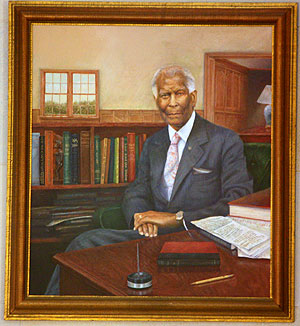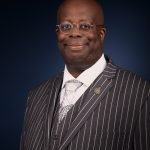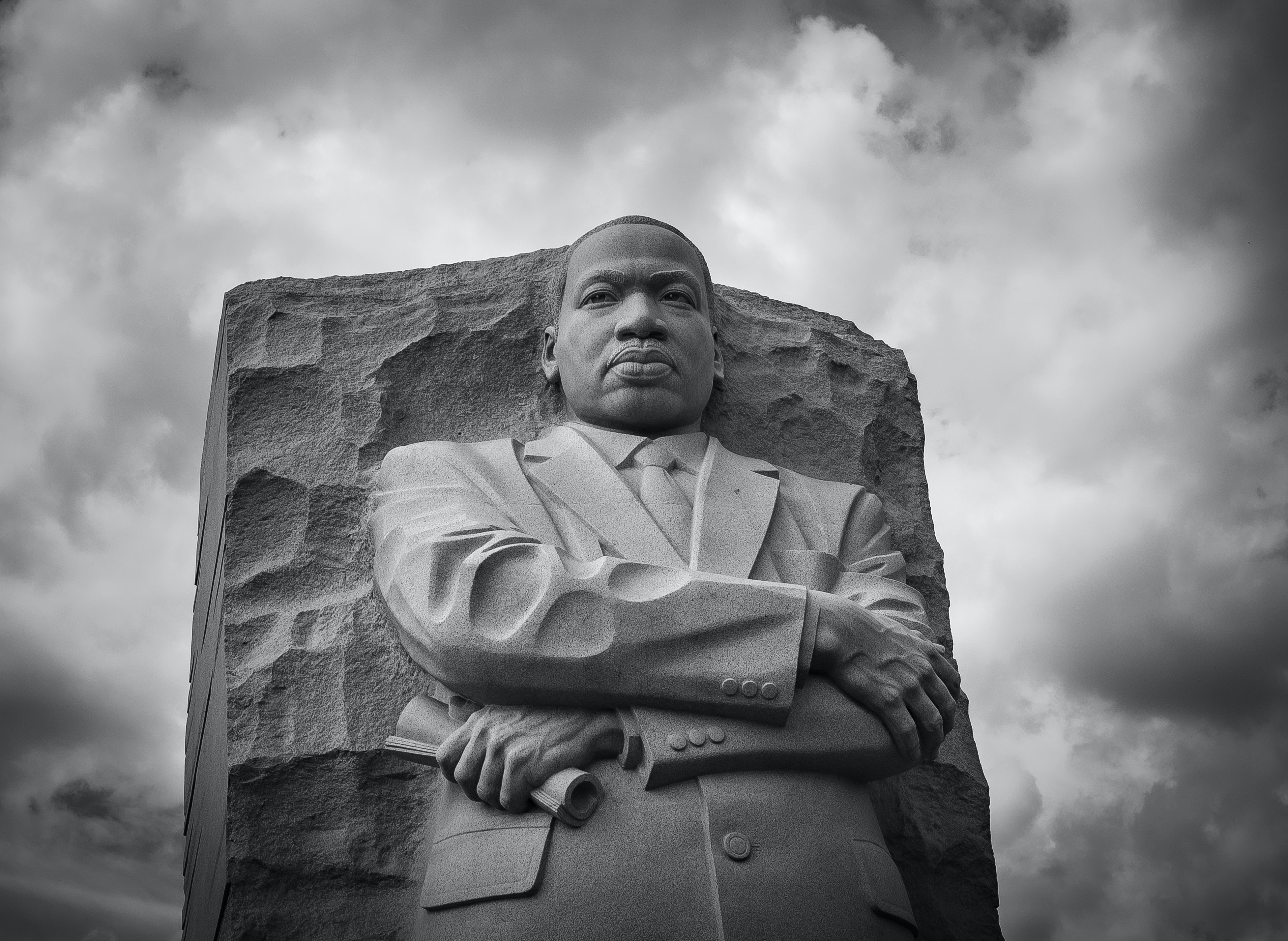By Chad Dion Lassiter, MSW
This month marks 55 years since 39-year-old Dr. Martin Luther King, Jr. was assassinated on the balcony of the Lorraine Hotel as he worked for justice for striking sanitation workers in Memphis, TN.
This means several generations have only the memory of King and never experienced the flesh and blood civil rights icon grapple with the brutal problems caused by our nation’s racial and economic injustices.
I delight that we have not let Martin Luther King’s Jr. life fade into obscurity, but I believe the eulogy made at his funeral may offer inspiration for us to rededicate ourselves to his cause of nonviolent social justice action.

Benjamin Mays, the former president of Morehouse College, gave the eulogy. Mays was the person credited with providing the intellectual foundation of the civil rights movement and he used the eulogy to remind us of the meaning of Dr. Martin Luther King Jr.’s death. He also used it to call us to moral and ethical action on behalf of the marginalized other – work that was too important to be buried along with Dr. King.
More than 100,000 mourners came on April 9, 1968, to say their final farewells. It was only five days after James Earl Ray, who was still unknown and at large, killed King. A murder that Mays would tell the mourners “The American people are in part responsible for Martin Luther King Jr.’s death. The assassin heard enough condemnation of King and of Negroes to feel that he had public support. He knew that millions hated King.”
First, Mays took the opportunity of the eulogy to remind us what King stood for.
That violence was ethically and morally wrong, that only love, and forgiveness could break the vicious cycle of revenge, and that in due time nonviolence would prove effective in the abolition of injustice in politics, in economics, in education, and in race relations.
Then Mays reminded us of what King went through to live his beliefs.
“This man was loved by some and hated by others. If any man knew the meaning of suffering, King knew. House bombed; living day by day for 13 years under constant threats of death; maliciously accused of being a Communist; falsely accused of being in-sincere and seeking the limelight for his own glory; stabbed by a member of his own race; slugged in a hotel lobby; jailed 30 times; occasionally deeply hurt because friends betrayed him.”
And then Mays gave the call to action reminding us that passivity doesn’t bring vision forward.
“(MLK) was convinced also that people could not be moved to abolish voluntarily the inhumanity of man to man by mere persuasion and pleading, but that they could be moved to do so by dramatizing the evil through massive nonviolent resistance.”
Benjamin Mays, the man Dr. King called his spiritual father, used his eulogy as a blueprint for the future. We should too. Each April 9th we should reread the eulogy and recommit to action that serves others.
As Mays said, “Martin Luther King Jr.’s unfinished work on earth must truly be our own.”
Disclaimer: The National Association of Social Workers invites members to share their expertise and experiences through Member Voices. This blog was prepared by Chad Dion Lassiter in his personal capacity and does not necessarily reflect the view of the National Association of Social Workers.
About the Author

Chad Dion Lassiter is a nationally recognized expert in race relations. He has worked on race, peace, and poverty-related issues in the United States, Africa, Canada, Haiti, Israel, and Norway, and is frequently featured in the media providing commentary and solutions to racial issues. Lassiter is currently executive director of the Pennsylvania Human Relations Commission, where he has legislatively delegated authority to investigate filed complaints alleging the occurrence of unlawful discrimination in the areas of employment, housing and commercial property, education, and/or regarding public accommodations.Edit




